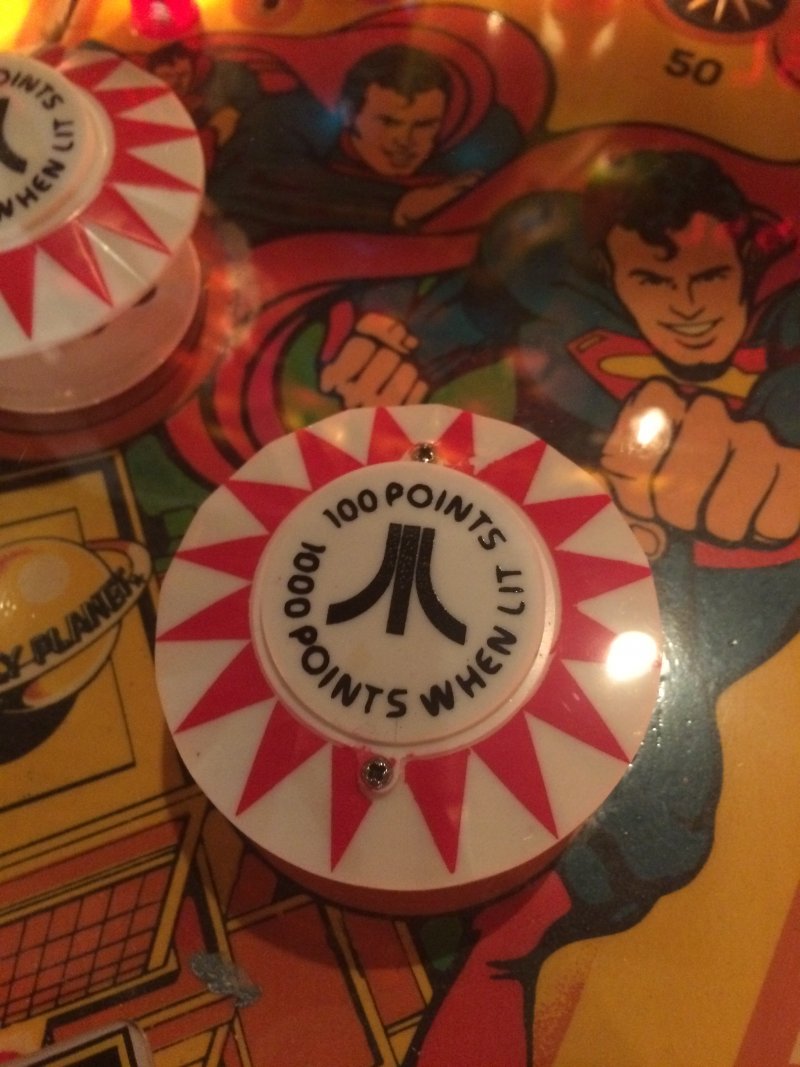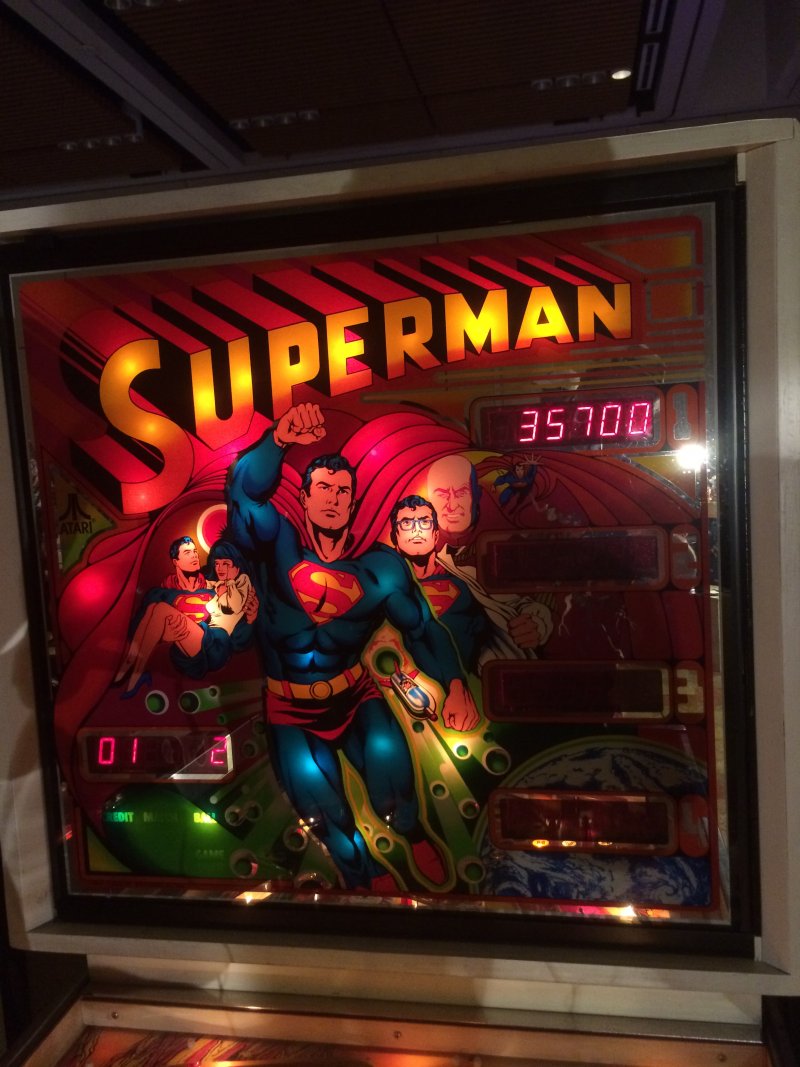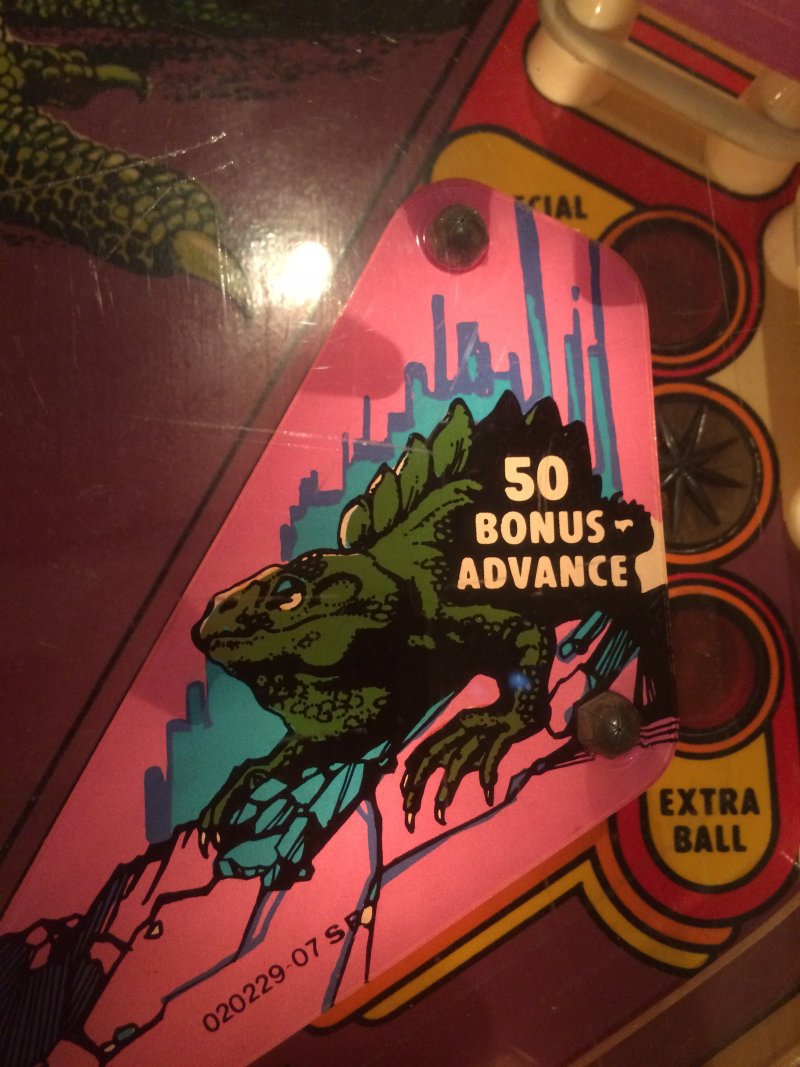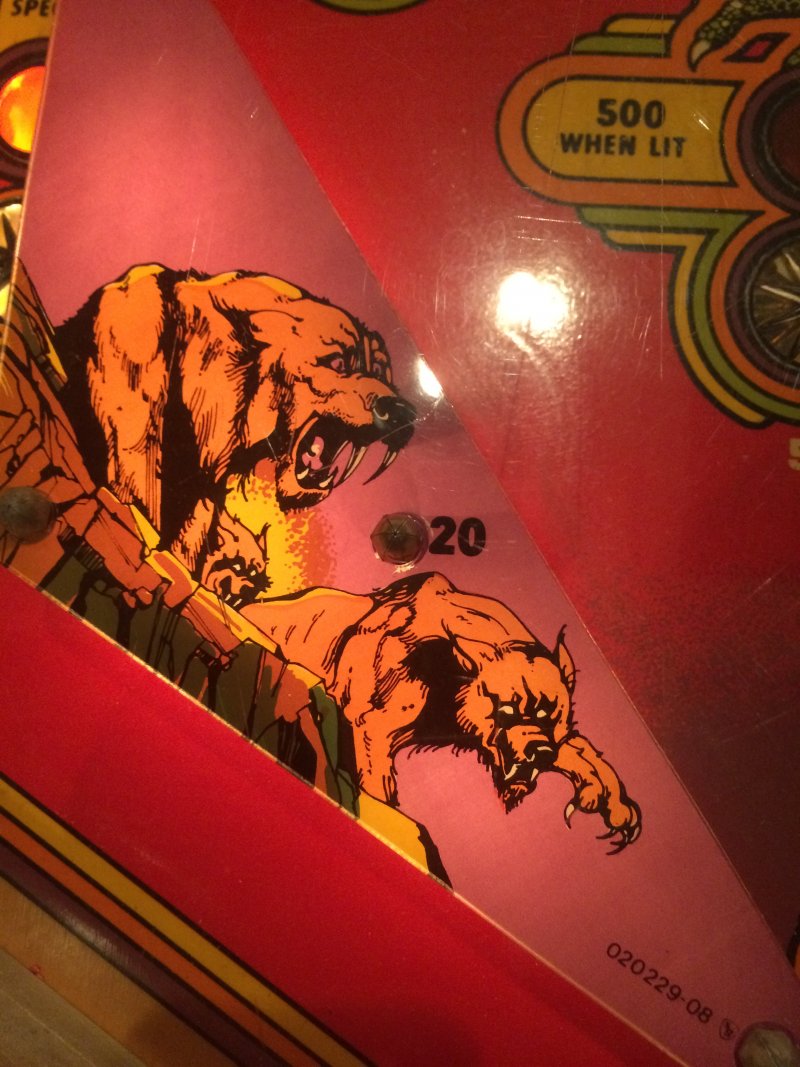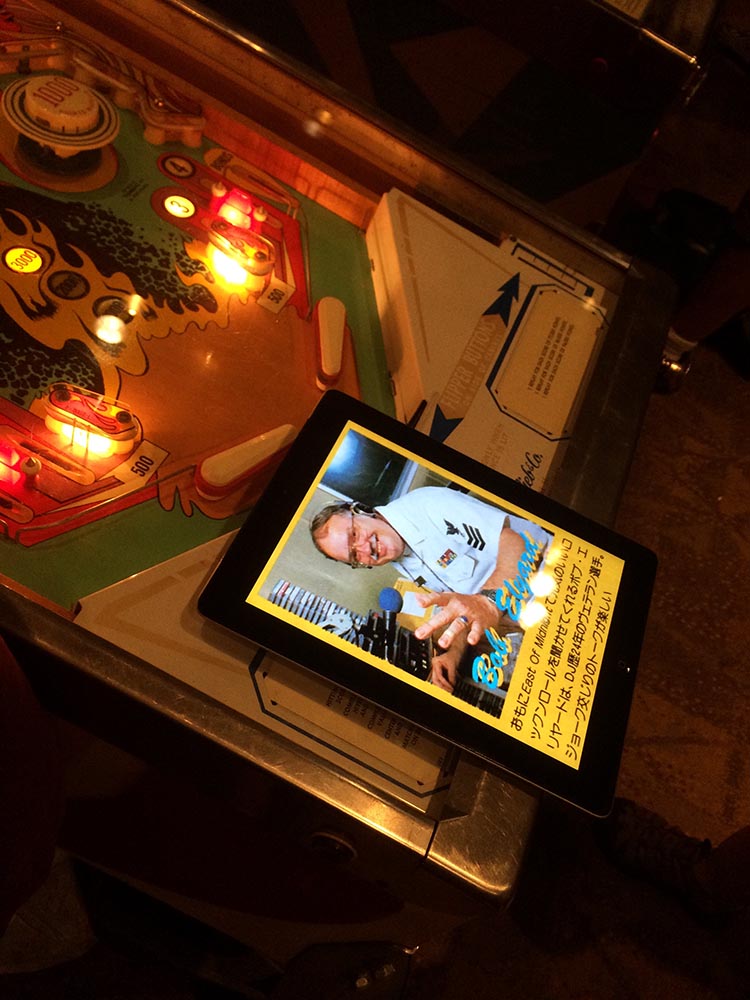
I’ve written before about how limited my experiences with arcades has been, and while that’s a perennial topic with me whenever it comes up, there’s more to tell than what video games I’ve never ever played: the subject of this entry is going to be pinball, and while there are some good associations, there are also some painful ones, too.
This was the year my father passed away, and he was a pinball enthusiast.
Actually, that may be a bit of an understatement.
My father makes an appearance — in light — as I make my own attempts at keeping a chromed sphere dynamically engaged in a field of bumpers, spinners, lights, and points.
Though he personally never once acquired his own machine (western-style pinball tables, mind—he was also fond of pachinko—a topic for another time), he was primarily a radio broadcaster and DJ and maintained a functional ‘70s-era Rockola jukebox, a device which had its own demands maintenance, and other factors may have inhibited his reach. But he loved pinball. Video pinball not so much, and I can easily see why—even if I never appreciated pinball as much as he did. In fact—to my shame—I even ignored it more than video games, a condition which has trailed me into my adulthood.
I should have watched my old man play more.
I’ve no idea whether he was much good at the game or not. From my own personal (limited) experience with pinball games, they might as well have served as random number generators when it comes to awarded points. Seriously, I felt nearly none of the control you can lay claim to when you play a well-made video game on a console or a cabinet in an arcade. But my memory fails me when it comes to what kind of a pinball player my father was, and that pains me a little.
It wasn't for lack of availability. While growing up, I recall many on-base snack bars and arcades had at least a few working specimens of pinball tables — the price of a quarter engaged a moment's play. Unfortunately, lacking drive to excel at the game, often found me regretting the purchase as the last ball zoomed suddenly down in play, never to be retrieved. I had more fun with home-based video games that were pinball-inspired, like the Pinball cartridge for the Atari VCS, or Electronic Arts' Pinball Construction Set for the PC.
But my participation at California Extreme Arcade and Pinball Expo was eye-opening, as I watched experienced players make a large ball-bearing practically do tricks with only the bumpers at their command. Surrounded by so many examples of pinball machines, I think I finally put paid the notion of a pinball game as a random number generator, since evidence of skill in play was all about me.
Much of the appeal is bound up in the graphics. Apart from keeping the ball in play as long as possible, in a fast game there are animated models, lights, and noises to pose as distractions to the player; if one's attention wavered for just an instant, the ball could be lost. Part of a pinball player's skill then is in an ability to focus on the play field.
I took plenty of photos to serve as reference of these games, and played plenty. The most entertainment could be honestly had watching another more skilled player engage with the table. It was inspiring. With practice skill could be built into an ability to control (to a degree) a metal sphere separate from the player's direct intervention using only flippers.
As a result, I think my days of indifference to the pinball machine are at an end.
